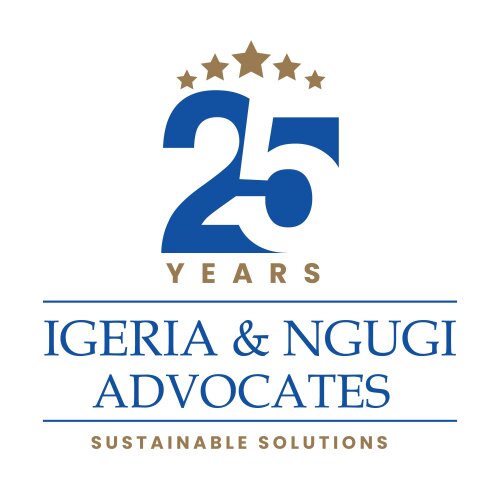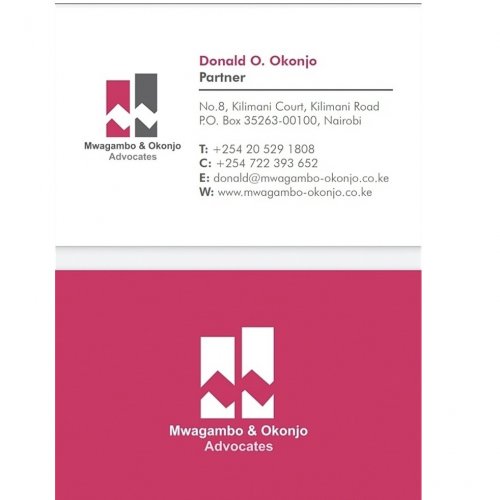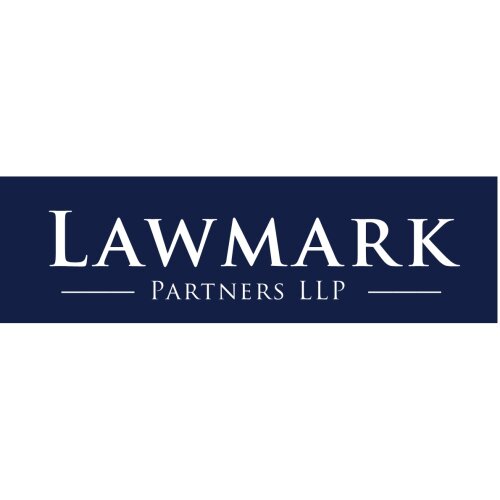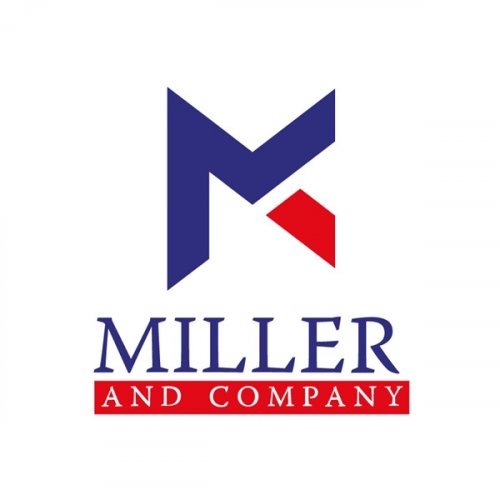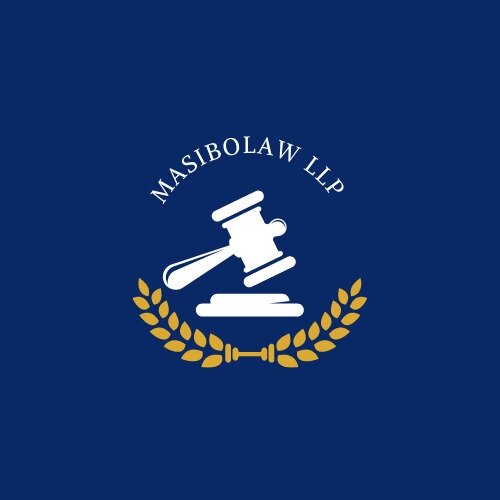Best Information Technology Lawyers in Nairobi
Share your needs with us, get contacted by law firms.
Free. Takes 2 min.
List of the best lawyers in Nairobi, Kenya
About Information Technology Law in Nairobi, Kenya
Nairobi is often referred to as the technology hub of East Africa, with its vibrant tech scene and increasing number of startups and tech companies. The city is a hotbed for innovation and home to many tech enthusiasts and professionals. With the rise in technology use, Information Technology Law has become increasingly important to address issues such as cybersecurity, intellectual property, digital privacy, and e-commerce regulations. The legal framework governing Information Technology in Nairobi is designed to facilitate technological growth while ensuring compliance with international standards and protecting consumer rights.
Why You May Need a Lawyer
There are several scenarios where you might need legal assistance in Information Technology:
- Contract Review: Whether you are entering into software development, licensing, or IT service agreements, a lawyer can help review the terms to ensure your rights are protected.
- Intellectual Property: If you are developing software or digital content, you may need legal advice to protect your intellectual property and navigate licensing issues.
- Data Privacy: Compliance with data protection laws is crucial, especially if your company collects or processes personal data.
- Cybersecurity Incidents: In case of a data breach or cyberattack, legal guidance can help mitigate damages and address regulatory requirements.
- Dispute Resolution: A lawyer can assist in resolving any disputes related to technology transactions or partnerships.
Local Laws Overview
Information Technology in Nairobi, Kenya is governed by several key pieces of legislation:
- The Data Protection Act (2019): This law provides guidelines on personal data protection and privacy, requiring organizations to secure consent before processing personal data.
- The Cybercrimes Act (2018): This legislation addresses cybercrime issues, including unauthorized access to computer systems, cyber terrorism, and identity theft.
- The Kenya Information and Communications Act (1998): Governs telecommunications, broadcasting, and electronic transactions in Kenya.
- Intellectual Property Laws: Governed under several acts to protect copyright, patents, and trademarks within the IT sector.
Frequently Asked Questions
What is the role of Information Technology law?
IT law in Nairobi addresses legal issues related to technology use, including data protection, intellectual property, and cybersecurity, ensuring compliance and protecting consumer rights.
How can I protect my software in Kenya?
You can protect your software through copyright registration and, in some cases, patenting specific technological inventions to maintain control over its use and distribution.
What steps should I take if there's a data breach?
In the event of a data breach, promptly report it to relevant authorities, inform affected individuals, and consult with a legal expert to comply with data protection laws and mitigate damage.
Do I need to comply with global data protection regulations?
Yes, particularly if you deal with international clients. Compliance with local and international data protection laws, such as the GDPR, is essential to operate globally from Nairobi.
Is e-commerce regulated in Nairobi?
Yes, e-commerce is regulated under various acts, including consumer protection laws and the Kenya Information and Communications Act, ensuring secure and fair online transactions.
Can IT lawyers help with starting a tech business?
Yes, IT lawyers can assist with compliance issues, contract drafting, intellectual property registration, and navigating regulatory requirements essential for starting a tech business.
How does the Data Protection Act affect businesses in Nairobi?
It mandates businesses to handle personal data responsibly, ensuring data processing is lawful, necessary, and secure, significantly impacting how businesses operate.
What are common cybersecurity threats in Nairobi?
Common threats include malware, phishing attacks, ransomware, and unauthorized system access, highlighting the importance of implementing robust cybersecurity measures.
Can contracts be enforced electronically in Kenya?
Yes, electronic contracts are recognized under Kenyan law, with digital signatures considered valid, offering flexibility for IT transactions.
What must startups know about IT law in Nairobi?
Startups should be aware of data protection requirements, intellectual property rights, contract laws, and cybersecurity best practices to ensure compliance and protect their interests.
Additional Resources
For additional guidance, consider exploring the following resources:
- Communications Authority of Kenya (CA): Regulates the ICT sector, providing resources on compliance and industry standards.
- Kenya Data Protection Office: Offers insights on data protection regulations and compliance necessities.
- Kenya Law Reports: Provides comprehensive legal documentation and updates on legislation relevant to Information Technology.
- Law Society of Kenya (LSK): Can help find registered lawyers specialized in Information Technology law.
Next Steps
If you find yourself in need of legal assistance in Information Technology, consider taking the following steps:
- Identify the specific legal help required for your IT issue.
- Research and consult with an IT lawyer who is experienced in dealing with similar cases.
- Prepare relevant documentation, including contracts, communications, and regulatory notices, to facilitate the legal consultation.
- Consider joining technology-focused groups or forums in Nairobi to gain insights and recommendations from peers who might have faced similar issues.
Lawzana helps you find the best lawyers and law firms in Nairobi through a curated and pre-screened list of qualified legal professionals. Our platform offers rankings and detailed profiles of attorneys and law firms, allowing you to compare based on practice areas, including Information Technology, experience, and client feedback.
Each profile includes a description of the firm's areas of practice, client reviews, team members and partners, year of establishment, spoken languages, office locations, contact information, social media presence, and any published articles or resources. Most firms on our platform speak English and are experienced in both local and international legal matters.
Get a quote from top-rated law firms in Nairobi, Kenya — quickly, securely, and without unnecessary hassle.
Disclaimer:
The information provided on this page is for general informational purposes only and does not constitute legal advice. While we strive to ensure the accuracy and relevance of the content, legal information may change over time, and interpretations of the law can vary. You should always consult with a qualified legal professional for advice specific to your situation.
We disclaim all liability for actions taken or not taken based on the content of this page. If you believe any information is incorrect or outdated, please contact us, and we will review and update it where appropriate.








